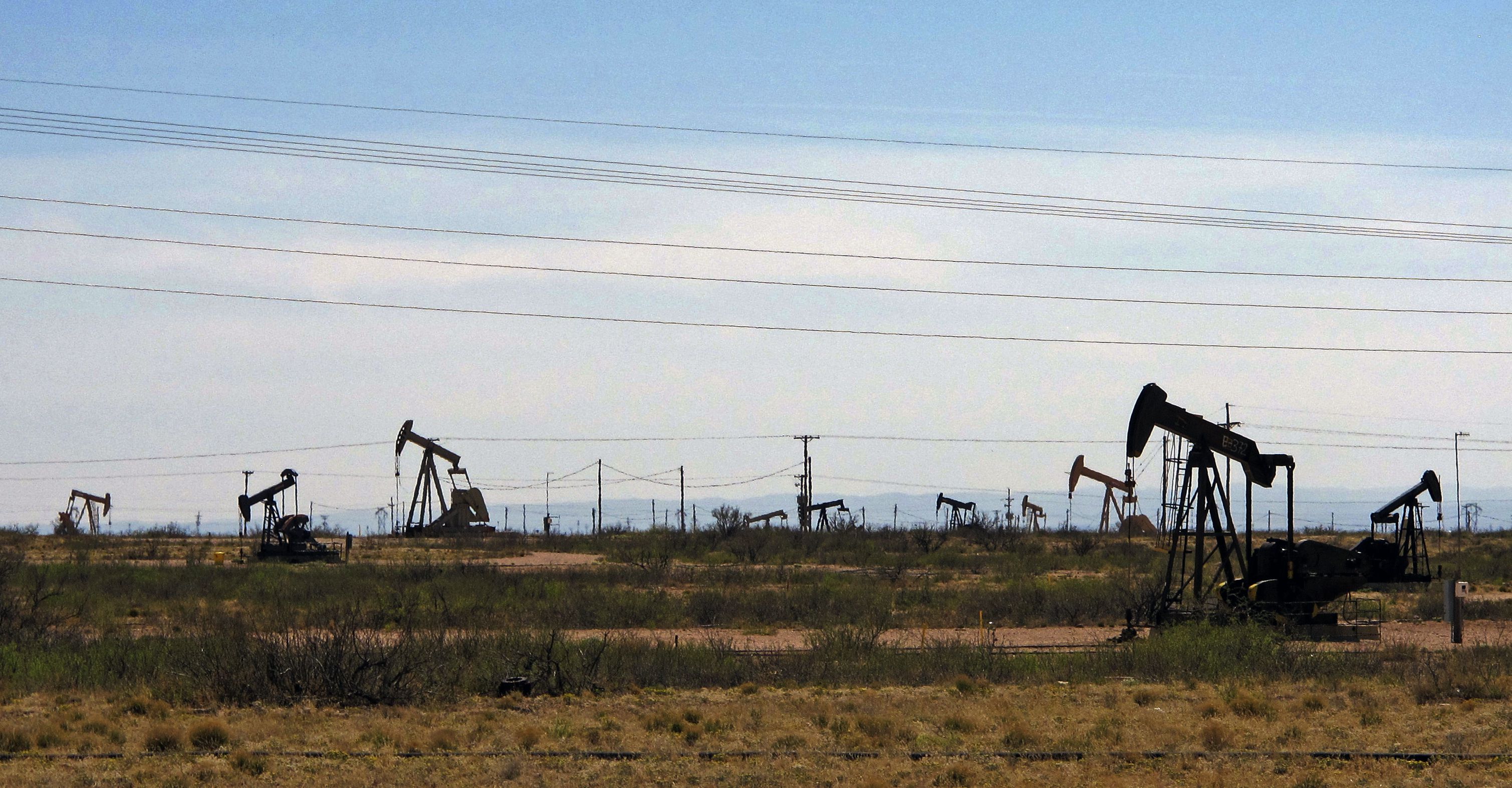
OIL STEADIES AS ECONOMIC GROWTH CONCERNS OFFSET SAUDI ARABIA'S OUTPUT CUT
Oil prices were steady on Wednesday as economic growth concerns offset optimism over a production cut by top crude exporter Saudi Arabia.
Brent, the benchmark for two thirds of the world’s oil, was trading 0.84 per cent higher at $76.93 a barrel at 5.12pm UAE time.
West Texas Intermediate, the gauge that tracks US crude, was up 0.93 per cent at $72.41 a barrel.
Both benchmarks were down nearly 1 per cent earlier in the session.
“Global growth concerns continue to suggest a much weaker crude demand outlook,” said Edward Moya, a senior market analyst at Oanda.
“China is scrambling to deliver a basket of support measures and Germany factory orders were unable to rebound.”
China, the world’s second-largest economy and top crude importer, has announced a limited economic package to boost sales of electric vehicles.
Officials are working on new measures to support the country’s ailing housing market as well, Bloomberg reported on Tuesday, citing sources.
The International Energy Agency has predicted that global crude demand will hit record levels this year on the back of an economic recovery in China.
But economic growth in the Asian country has been largely uneven since it lifted Covid-19 restrictions earlier this year.
Meanwhile, the US Energy Information Administration said it expects crude production in the country to hit annual highs this year and the next even though the rate of output growth from American oilfields is slowing.
The agency, the statistical arm of the US Department of Energy, has forecast Brent crude prices at $79 a barrel in the second half of 2023 and $84 in 2024.
Both Brent and WTI rose more than 2 per cent on Monday after Saudi Arabia said it would reduce its output by a million barrels per day in July, which could be extended depending on market conditions.
The 23-member Opec+ alliance of oil producers said its current output cuts would remain in place until the end of 2024.
The group has total production curbs of 3.66 million bpd, or about 3.7 per cent of global demand, in place, including a 2 million bpd reduction agreed on last year and voluntary cuts of 1.66 million bpd announced in April.
“While Saudi Arabia remains price driven, the market is more concerned with the economic outlook, and the rest of the alliance seemingly isn't interested in taking more action in anticipation of what may come,” said Craig Erlam, a senior market analyst at Oanda.
“The commitment from the start of the next year could easily change, depending on what unfolds, whereas markets are forced to respond to current risks and, as far as the economy is concerned, they are tilted to the downside.”
The world economy is set to grow at a slower pace as continued monetary policy tightening to rein in inflation is expected to crimp development, according to the World Bank.
Growth has been forecast at 2.1 per cent this year, down from 3.1 per cent last year, before recovering to 2.4 per cent in 2024, the Washington-based lender said in its latest Global Economic Prospects report on Tuesday.
2023-06-07T09:37:18Z dg43tfdfdgfd